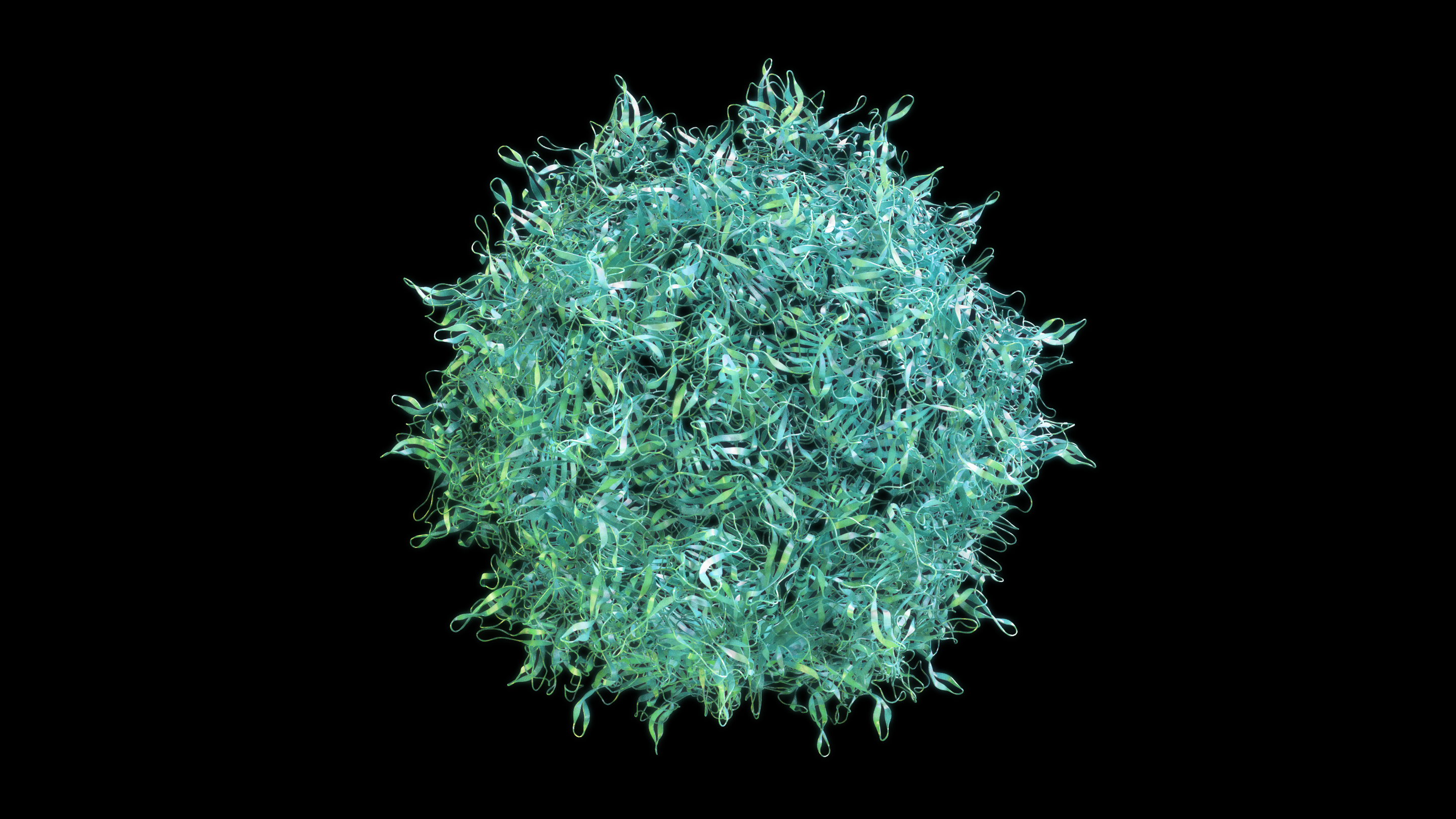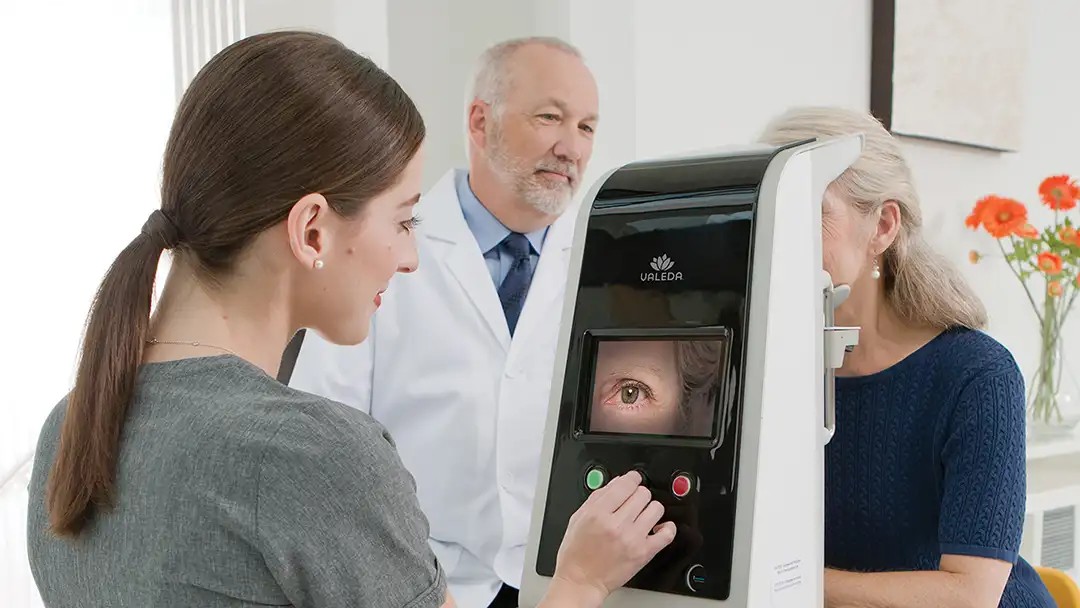
People often ask if their medications affect the risk of vision loss from age-related macular degeneration (AMD). One class of medications can lead to more severe vision loss in people with the wet form of the disease, and another class of drugs may have a beneficial effect.
An Exception to the Rule
Fortunately, very few prescription drugs have any known detrimental effects for people with AMD. Warfarin (Coumadin®), which is an anticoagulant blood thinner, is one exception. Doctors often put patients with certain potentially life-threatening cardiovascular conditions on this blood thinner. Studies have shown that patients with wet AMD, which causes bleeding from abnormal blood vessels in the macula, may have larger amounts of blood entering a space under the retina (subretinal hemorrhages) if they take warfarin. This can lead to more severe vision loss. Warfarin does not increase the risk of vision loss in patients with dry AMD.
Some patients need to take warfarin to protect their lives, even if they have wet AMD. Others with wet AMD can be switched to other blood thinners such as aspirin, which has not been shown to increase the size of the retinal hemorrhages. Your ophthalmologist along with your other physicians can develop a treatment plan that is best for you. Please never make medication changes without first talking with your doctors.
Another issue in patients taking warfarin is that green leafy vegetables can decrease the drug’s anti-clotting effects by providing vitamin K. Some patients on warfarin will be told not to eat leafy greens because this makes it harder to regulate the warfarin dose. Yet, eating these same leafy greens has been shown to decrease the risk of vision loss from AMD. The best solution for many patients is to eat a consistent amount of leafy greens each day and have a blood test for warfarin regularly. The test is called an INR (international normalized ratio) and it determines how well warfarin is working by evaluating blood clotting time.
A Beneficial Effect?
Another drug class that may affect AMD is statins, which are drugs that reduce the level of fats, including cholesterol, in the blood. Currently, there is mixed evidence on the effects of statins. However, one small study at Harvard showed that a relatively high dose (80mg) of Lipitor® (atorvastatin) can decrease the size of drusen (abnormal lipid/protein deposits under the retina in patients with early dry AMD), and sometimes improve vision in patients with very large drusen right in the center of the macula. A larger (phase III) clinical trial is planned to determine which patients are likely to benefit.
A Warning about Vitamins
For patients with drusen, vitamins are protective. The Age-Related Eye Disease Study showed a 25 percent reduction in risk of AMD progression to advanced disease in patients taking the “AREDS2” formula. It is important not to overdose on vitamins, so patients on AREDS2 supplements should not take additional large amounts of vitamin E, zinc or copper. Since many of the common multivitamins for older individuals have relatively small levels of these vitamins and minerals, talk to your doctor about whether you can take a multivitamin along with your AREDS2 supplements.
Prevention Advice
The best prescription for AMD prevention is lifestyle changes. Substantial evidence indicates that a diet rich in green leafy vegetables (every day), fruits (every day), and fatty fish (like salmon, twice a week) is protective. So is avoiding obesity and exercising. Smoking is a significant risk factor.
AREDS2 Formula:
- 500 mg of vitamin C
- 400 IUs of vitamin E
- 10 mg of lutein
- 2 mg of zeaxanthin
- 80 mg of zinc oxide
- 2 mg of copper as cupric oxide
About BrightFocus Foundation
BrightFocus Foundation is a premier global nonprofit funder of research to defeat Alzheimer’s, macular degeneration, and glaucoma. Since its inception more than 50 years ago, BrightFocus and its flagship research programs—Alzheimer’s Disease Research, Macular Degeneration Research, and National Glaucoma Research—has awarded more than $300 million in research grants to scientists around the world, catalyzing thousands of scientific breakthroughs, life-enhancing treatments, and diagnostic tools. We also share the latest research findings, expert information, and resources to empower the millions impacted by these devastating diseases. Learn more at brightfocus.org.
Disclaimer: The information provided here is a public service of BrightFocus Foundation and is not intended to constitute medical advice. Please consult your physician for personalized medical, dietary, and/or exercise advice. Any medications or supplements should only be taken under medical supervision. BrightFocus Foundation does not endorse any medical products or therapies.
- Disease Biology
- Eye Health









